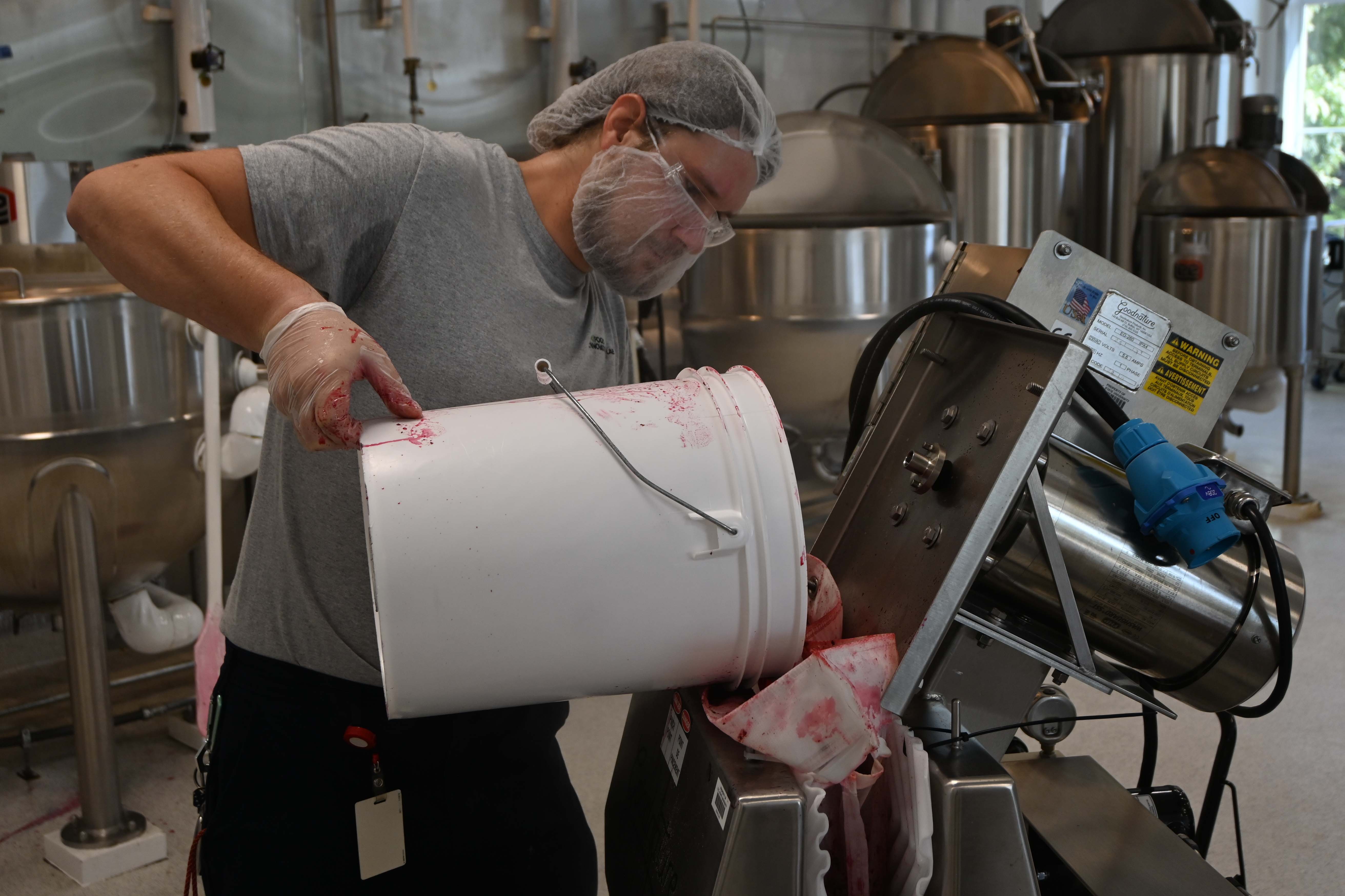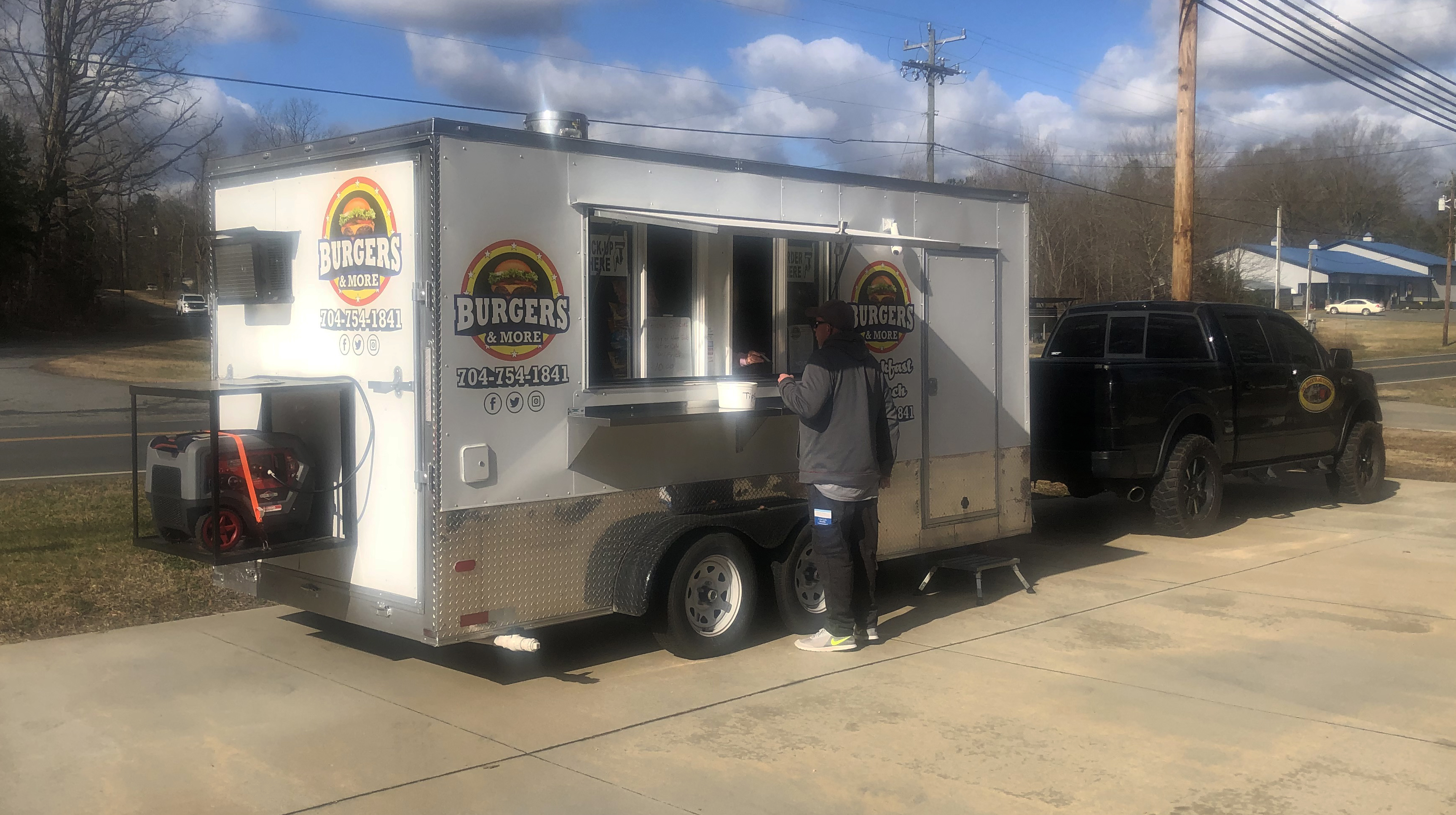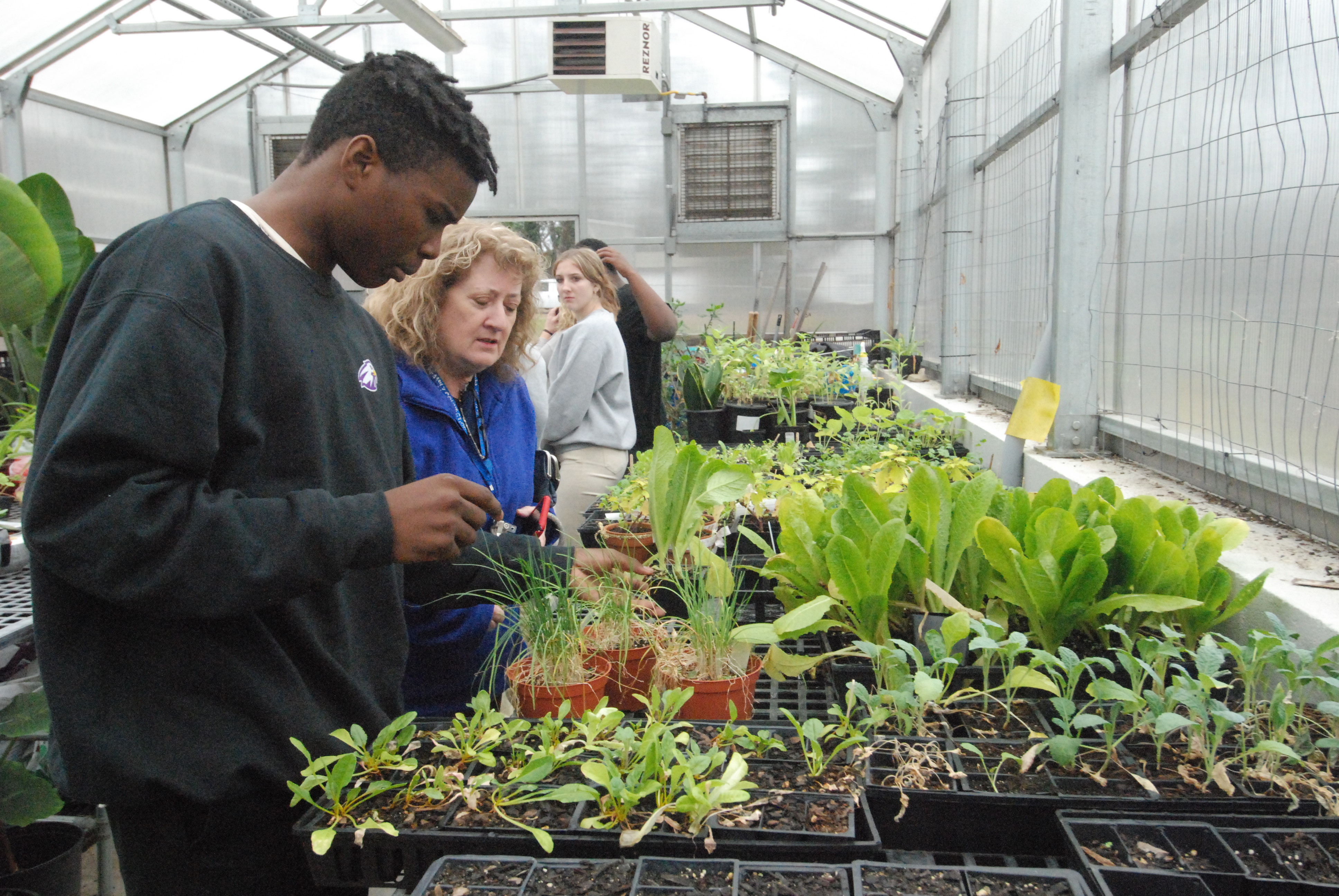2013’s best books to get you thinking about food
Published 12:00 am Tuesday, December 3, 2013
Let’s all stop being coy and fess up, shall we? The truth is, even those of us who work with cookbooks, write about cookbooks, collect cookbooks — heck, even write cookbooks ourselves — don’t actually cook from cookbooks. At least not nearly as frequently as we’d like to/promise ourselves we will/tell others we do.
As food has morphed ever more into a pop culture fixture, cookbooks — with their lush photos, their provocative prose, their tempting, come hither recipes — have become the porn of the food set.
Which sounds flip, but actually is significant. For if we still love cookbooks — and by all accounts we certainly seem to — but no longer see them primarily as a source of dinner inspiration, our selection criteria also must change. A good cookbook back in the day was defined mostly by quality of the recipes alone.
That remains vital, of course, but hardly critical. Today, story often trumps recipes. A good many books in this category may not even have recipes, or at least none a home cook is expected to follow (I’m talking to you Heston Blumenthal and Ferran Adria). Not too many years ago, that would have been comical. Today? There’s an audience for that.
So it is with this mindset that I made my picks for the best food books of 2013, the ones I would hope to get or gift this holiday season.
Nigel Slater is a master of the journal-cum-cookbook format. He has an elegant simplicity of language that transports you to his garden, his kitchen, his table. “Notes From the Larder” is only the latest journal-style import from this Englishman, and it will leave you ready to dive into his previous volumes.
Slater probably is best known in the U.S. for his memoir-turned-movie “Toast,” which recounts a childhood spent finding himself via food. Books like “Notes From the Larder” make you glad he did. His recipes are simple, yet deftly draw you in. It doesn’t hurt that the photography is splendid.
Edward Lee earned his fame on Season 9 of Bravo’s “Top Chef,” but he earned his credibility for his brash, yet respectful reimagining of Southern cuisine. A Korean-American who grew up in New York, Lee’s only connection to the South was a road trip. But he fell in love with the culture and its food, and it shows in his cooking.
Like his Louisville, Ky., restaurant 610 Magnolia, his first cookbook, “Smoke & Pickles,” is a delicious amalgam of his cultures. Pulled pork gets sauced with bourbon and black bean paste. A T-bone gets marinated with lemon grass, Asian sesame oil and peanut oil. Anyone who loves Southern cooking — or anyone who claims to “know” what Southern cooking is — will want this book.
Colman Andrews has succeeded at something that shouldn’t have been successful. He has written a reference book that reads like a storybook. His anthology of 250 classic American foods — some ingredients, some products — is a fascinating way to taste our nation’s collective menu. From Goo Goo Clusters to boiled peanuts, he tells the story of America through its food.
Gratuitous, over-the-top odes to all things chocolate have become annoyingly common on the cookbook scene. It’s a tired format usually built on precious, fussy recipes that rarely inspire, no matter who the author.
This book is different. The Mast brothers — known best to Brooklyn hipsters as the men behind local chocolate company Mast Brothers Chocolate — have written a book of delicious simplicity, filled with recipes so evocatively photographed and so clearly written, you will cook from it. Start slow. Try the chocolate soda. Then the chocolate crunch. No need to thank me.
Alice Waters makes the simplest of foods seem revelatory, even celebratory. This book, a follow to her 2007 “The Art of Simple Food,” does what so few true cookbooks seem able to these days — it inspires and makes you want to cook, to explore ingredients. Not because of whiz-bang sci-fi gastronomy or because of celebrity or any other trendiness. It’s because Waters embraces food as a beautiful thing unto itself.
This is the man who gave us the Kogi food truck, the Los Angeles-based Korean taco mashup credited with taking the food truck movement respectable. His beautiful book (published under Anthony Bourdain’s imprint) is two parts story (Choi’s coming up), one part recipe (his OMG crazy good creations, like ketchup fried rice). You may never cook from this book (though the recipes are eminently doable), but it won’t matter. It’s a fun flip even if all you do is drool.





